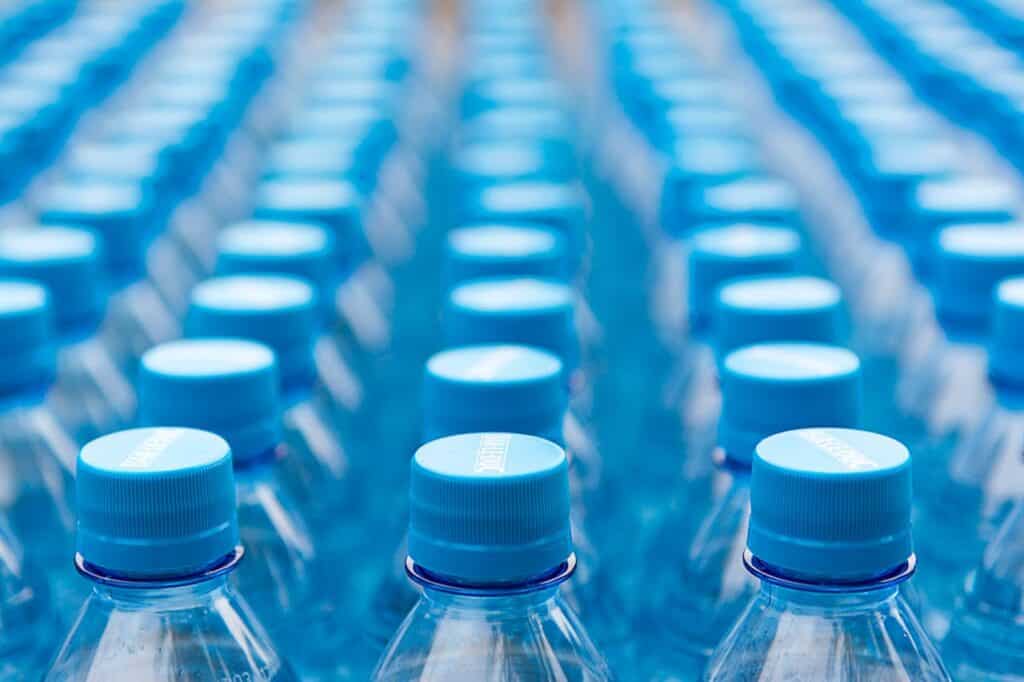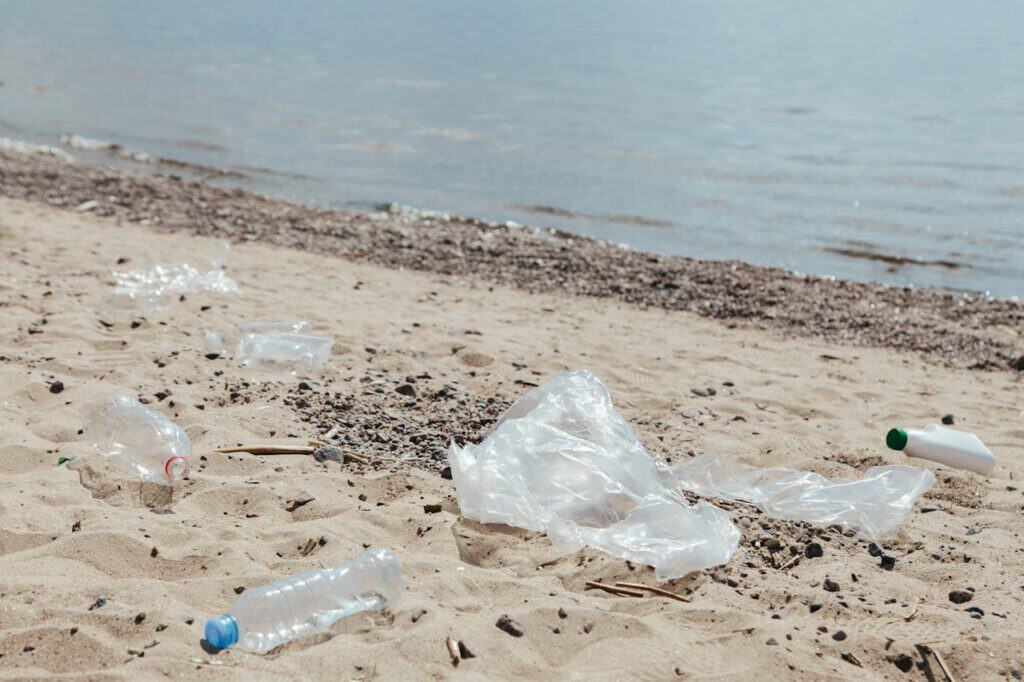Plastics come with a stigma. Mention them in a conversation, and people will instantly talk about the hundreds of millions of tonnes that are washing up on the world’s beaches. However, we also forget that plastic is an essential and useful tool. As long as we use it properly, we can save the planet and enjoy the benefits that polymers have to offer.
How do we do it? Through recycled plastics. Throwing away materials that are built to last forever is a waste, which is why it’s essential to give them a longer shelf life.
Plastic Recycling – The Beginning
Before recycled products end up on the shelves or in your hands, they are sent to landfill sites or incinerated. Unfortunately, this means they can’t be used again, which is where experts come in handy as they collect it and send it to factories.
Once it has been collected, the materials are separated into different types and broken down into pellets or granulates. They are sold on so that private companies can manufacture their products with one-hundred percent recycled plastics.
Plastic Recycling – How Is It Done?
The process is changing as technology advances. Typically, a process called “mechanical recycling was used, and still is, but it’s being overtaken by “chemical recycling.” The latter means that all forms of polymers can be recycled, even if they are mixed batches, so nothing has to go to waste. Difficult to sort materials can sometimes be processed depending on the type of technology used however, the holy grail is recycling plastic is good quality, sorted plastic waste.
How is recycled plastic used?
In a variety of ways. Businesses understand that certain pellets are better for specific services and industries. A prime example is PETs. PET is polyethylene terephthalate, and it’s the polymer that is mainly used to make drinks’ bottles. However, it’s not a suitable for food plastic packaging, so polypropylene is used instead. For bank cards and doors and windows, PVC is the most popular.
Do Businesses Do Their Bit?
Yes, because using recycled plastics is one of the best ways to reduce the global yearly amount. And, British companies are making up for lost time thanks to policies introduced by Michael Gove. The UK Plastics Act negates a tax introduced to punish companies that don’t use packaging consisting of 30pc recycled materials or more. This organisation, whose members include the likes of P&G, aim to hit this target by 2025.
What Are The Benefits?
Of course, there is the corporate responsibility aspect to consider. Companies that aim to reduce plastics pollution are automatically seen as eco-friendly. In a world where customers shop with their morals, this is essential.
Also, with new taxes set to be introduced, it makes sense from a financial perspective. But, the main benefit comes in the form of resources. Companies need a constant supply of materials to manufacture their products, and it’s costly and time-consuming. Plastics are an evergreen resource as they don’t degrade and secondary ones are becoming as strong as the “virgin” types. By recycling plastics, businesses will never have to worry about resources again.
Plastic Expert
At Plastic Expert, we are dedicated to plastic recycling. If you need to help to recycle your business waste then our experts are on hand to help. We can take your plastic waste and turn it back into a raw material at a licensed recycling facility. Contact us at Plastic Expert today!








